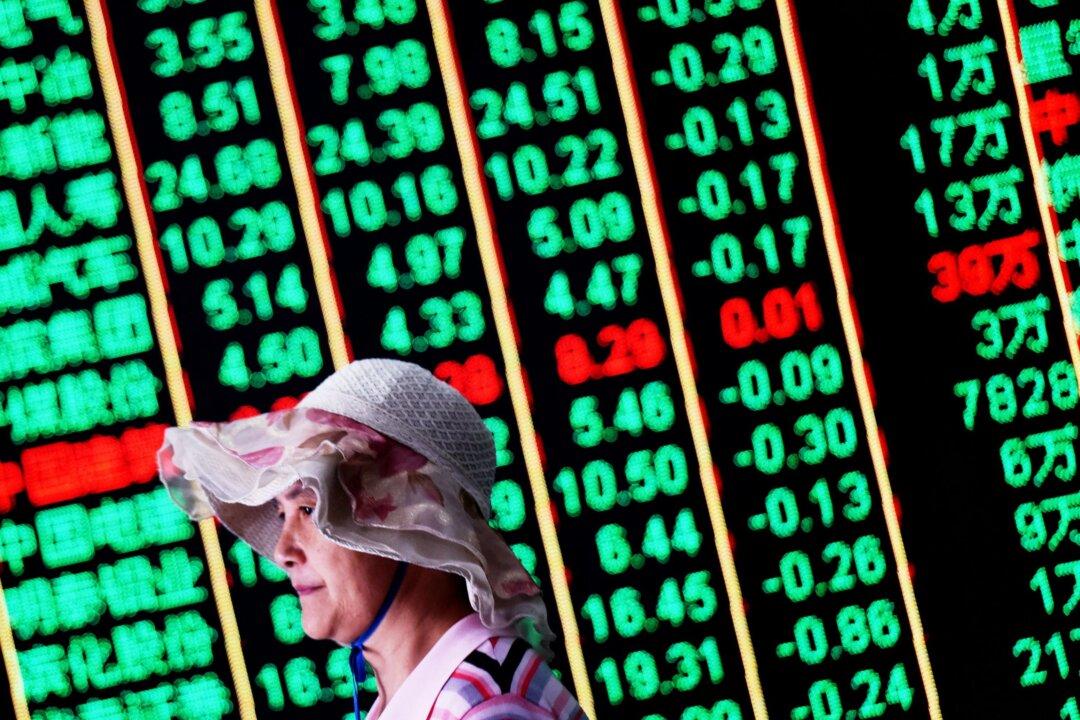Most of China’s A-share companies have disclosed their 2021 annual reports. A review of the reports indicates that 40 percent of the companies experienced losses. Noteworthy were the 11 companies that had each losses exceeding $1.47 billion and the over 200 reported at risk of being delisted from China’s two exchanges.
According to the Shanghai-based Wind Information Company, a leading financial information firm, 4,794 of China’s 4,803 A-share companies met the April deadline and submitted their 2021 annual reports. Of those companies, 1,851 or 38.5 percent experienced losses last year.





